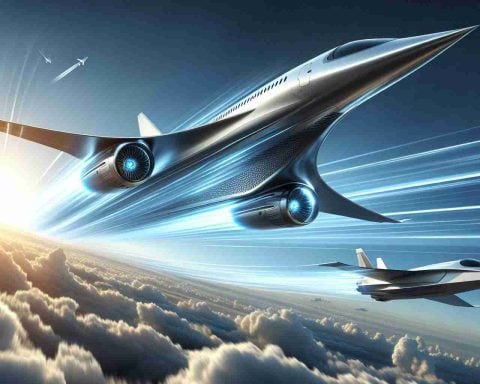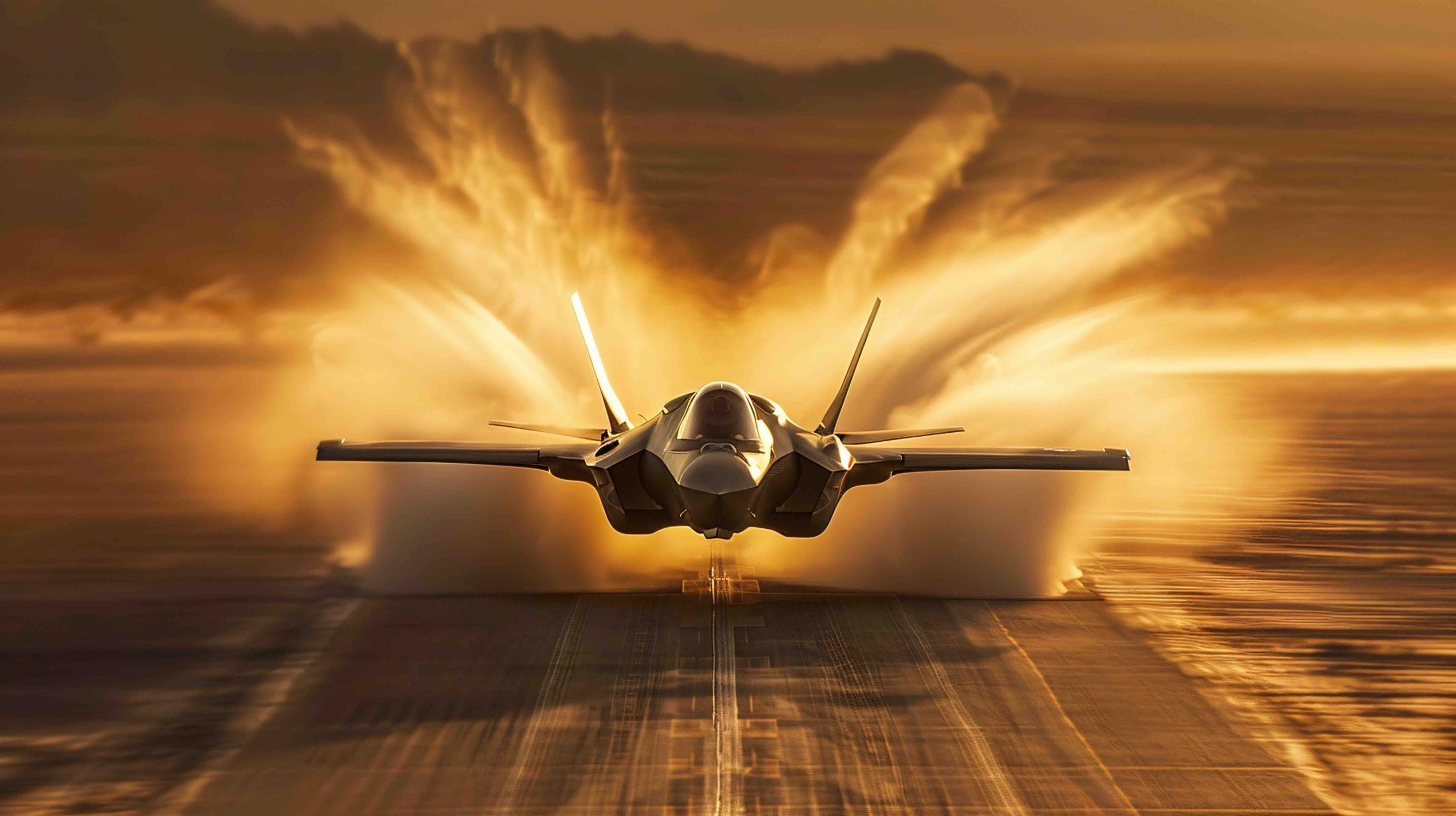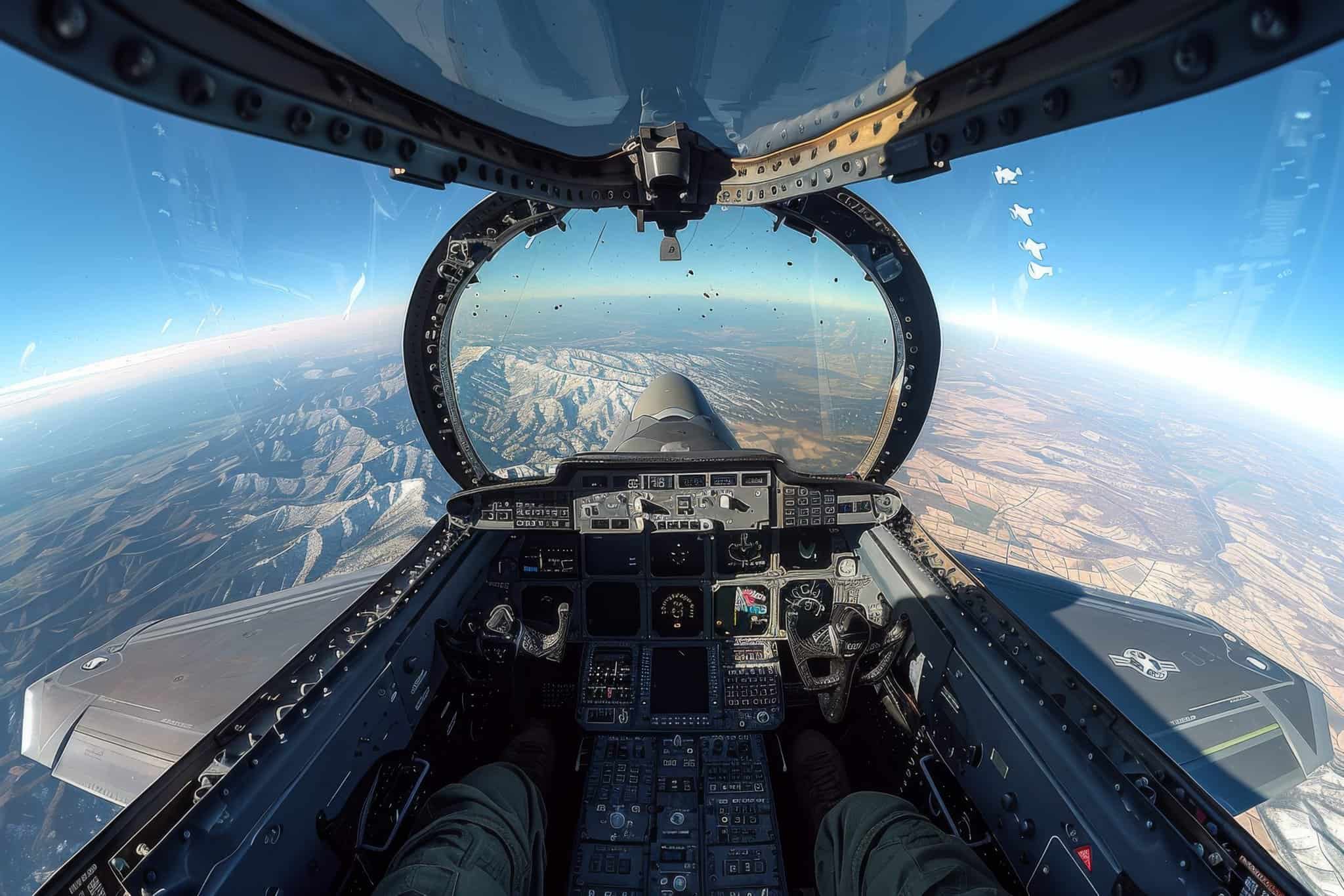In a surprising critique, Elon Musk, who is poised to become an advisor on government efficiency under President-elect Donald Trump, has taken to social media to criticize the Pentagon’s F-35 fighter jet program. His online post included a video showcasing coordinated drone swarms, accompanied by his pointed remark about the outdated nature of piloted fighter jets, with an emoji of a trash can to underscore his opinion.
Musk’s potential future role in the government could offer him a platform to impact the costly F-35 program, which remains the Pentagon’s most expensive air force project. Historically, Musk has openly challenged the expenditure patterns of the Defense Department. Notably, he co-authored an article criticizing the Pentagon for repeatedly failing audits, which reveals a lack of insight into its annual budget of over $800 billion.
The F-35, developed by Lockheed Martin, has reached an estimated cost of $485 billion after recent engine cooling upgrades. So far, approximately 1,000 of these stealth jets have been delivered to U.S. forces and allies, with plans for the production of over 3,000 planes in total. The program, expected to run until 2088, is projected to have a lifetime cost of $2 trillion when including both production and maintenance.
Musk advocates for prioritizing the development of unmanned aircraft, arguing that this shift could address the increasing reliance on drones in warfare and improve purchasing efficiency for the U.S. Air Force. Amidst these debates, Musk has continued his business successes, with SpaceX recently completing another test flight of the Starship vehicle on November 20.
Are We Flying into the Future? The Debate Over Fighter Jets and Unmanned Drones
The controversy over the Pentagon’s F-35 fighter jet program has taken a fascinating turn with Elon Musk’s critique, raising important questions about the future of military aviation and technological advancement. Beyond Musk’s pointed remarks, there is a broader discussion to be had about how this debate could affect humanity and technology’s trajectory.
Why are Unmanned Drones in the Spotlight?
As the world advances technologically, the shift from manned to unmanned aircraft in military operations isn’t just likely—it’s already happening. Drones offer a myriad of advantages, such as removing the risk to human life, lowering operational costs, and enabling missions that are impossible for piloted aircraft. As drones become more sophisticated and intelligent, they could transform the nature of warfare, potentially making fighter pilots obsolete.
Benefits of Embracing Drone Technology
1. Cost Efficiency: Drones are generally cheaper to produce, maintain, and operate compared to traditional fighter jets like the F-35. This could lead to significant budget reallocations, especially considering the F-35 program’s projected $2 trillion lifetime cost.
2. Reduced Human Risk: Utilizing drones minimizes the risk to human pilots, which can be a critical factor in mission planning and execution.
3. Increased Flexibility: Drones can be deployed in swarms, making them versatile for various combat scenarios without the logistical and ethical complications that come with manned missions.
The Drawbacks and Controversies
However, the shift to unmanned drones comes with its challenges:
1. Ethical Concerns: The use of autonomous weapons raises ethical questions about accountability and the potential for machines to make life-and-death decisions.
2. Cybersecurity Risks: Drones could be more susceptible to hacking and electronic warfare, posing a national security risk if protective measures aren’t robust enough.
3. Technological Dependence: There’s a risk of becoming overly reliant on technology, which could be problematic in scenarios where unmanned systems fail or are compromised.
Questions Posed by the Drone Revolution
– How will the development of drone technology affect international relations and the global arms race?
– Will the military need to invest further in cybersecurity to protect these drones from potential threats?
– What roles will humans play in warfare as technology continues to evolve towards autonomy?
In addressing these questions, stakeholders must consider the balance between innovation and regulation. As nations experiment with emerging technologies, it will be vital to establish guidelines and frameworks to ensure ethical standards and international compliance.
Impact on Humanity and New Technologies
The drone debate touches various aspects of human development and future technologies. The automation of military operations could lead to advancements in AI and robotics, potentially spilling over into civilian applications, such as autonomous driving technology and industrial automation. Conversely, the increased focus on defense expenditure might divert resources away from other critical areas like renewable energy or healthcare innovation.
For more on the intersection of technology and society, explore further at Tesla or check updates on space exploration initiatives with SpaceX.
As we continue to push the boundaries of what’s possible, it’s crucial to address these emerging dynamics with foresight and consideration. The future of air combat—and by extension, future technologies—hangs in the balance, dependent on the choices we make today.















